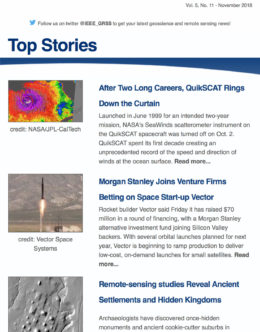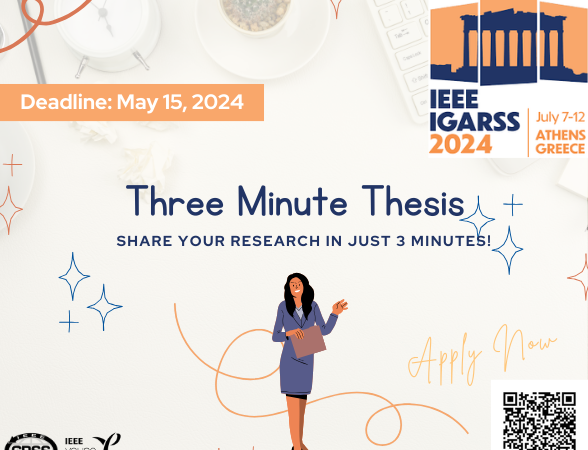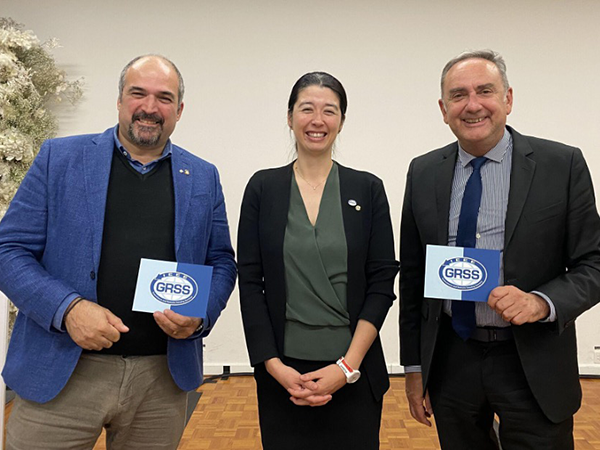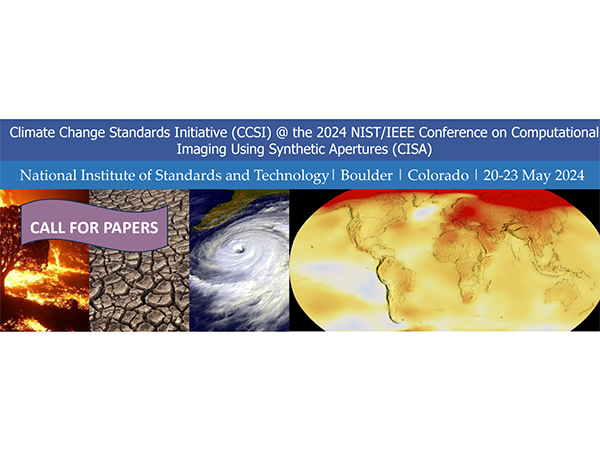PhD Position: Artificial intelligence techniques in big synthetic aperture radar data for monitoring soil disturbance and tillage practices
Soil is a natural resource critical for agriculture production and ecosystem health. However, soil degradation due to erosion, compaction, and anthropogenic disturbance such as tillage seriously threatens food security and environmental sustainability. In the 1980s, recognizing the harms of traditional tillage, agronomists introduced conservation tillage for soil and agricultural benefit. Earth Observation (EO) now plays a growing role in monitoring the adoption of these methods, providing wide coverage and sequential imagery for assessing trends in alternative tillage practices. These technologies can provide innovative ways to improve agriculture and protect the environment, while helping the industry to achieve the UK net-zero plan by 2040.
Remote sensing technology, particularly Synthetic Aperture Radar (SAR), is a powerful tool for monitoring soil disturbance at different temporal and spatial scales. SAR data can provide valuable information on critical soil health indicators. Moreover, it can be used for tillage monitoring and management. It can provide information on critical soil properties, such as surface roughness and moisture content, and help farmers optimize their tillage practices for improved soil health and crop productivity.
The project’s objective is to utilize cutting-edge Artificial Intelligence techniques to monitor tillage through SAR observations. It aims to explore the scalability of these methods as a next-generation tool for promoting environmental sustainability. In this project, the candidate will advance this research field by investigating how to develop and design advanced machine learning models. The research builds upon resent advancements in transfer learning, and it involves designing and evaluating model architectures to identify different tillage practices and soil disturbances in time series of SAR data.
Candidate’s profile
We are looking for a highly motivated candidate to develop modern machine learning methodologies for monitoring tillage and soil disturbances in farmlands. The candidate has the following qualifications
a first or upper-second-class honors degree in artificial intelligence, computer science, remote sensing, or a similar relevant field.
demonstrated experience in applied and theoretical machine learning, radar remote sensing, and natural language processing.
Essential Skills: Code programming (MATLAB, Python, and/or similar)
Excellent communication skills
Our Institute for Advanced Studies (IAS) Studentships at the University of Stirling is offering both UK and international students:
a 3-year full time equivalent PhD studentship on a a fully-funded basis (fees and stipend at the UKRI rate)
Fee waivers
Cash bursaries for students who already hold funding awards for fees.
IAS Studentship holder will work in collaborative, inter-disciplinary clusters of postgraduate researchers working on complementary doctoral projects. The candidate will be linked to two research groups at the University of Stirling, 1) Data Science and Intelligent Systems (DAIS) and 2) Earth and Planetary Observation. This project perfectly aligns with the existing portfolio of our industrial partner Agtelligence, including their FarmScore(R) product, designed for environmental monitoring on UK farmland using AI/machine learning techniques in EO data.
Start date: as soon as possible.
Supervisor: Vahid Akbari
Share your CV and statement of research (max 1 page) via vahid.akbari@stir.ac.uk before 12th February 2024.
More at www.linkedin.com/pulse/artificial-intelligence-techniques-big-synthetic-aperture…



























